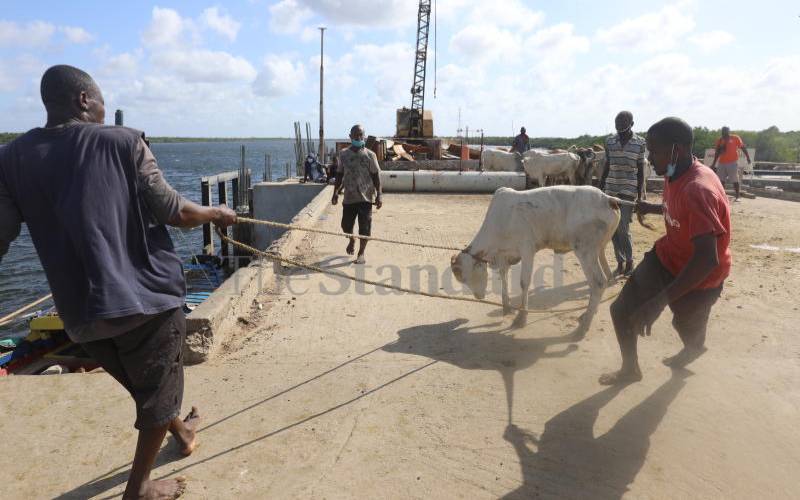×
The Standard e-Paper
Stay Informed, Even Offline

Thousands of Muslim in the country are today set to celebrate Eid Ul-Adha, the second significant religious festival of Islam after Eid-Ul-Fitr that marks the end of the fasting period of Ramadan.
Eid Ul-Adha or the feast of the sacrifice marks the final day of the annual Muslim pilgrimage called Hajj, where Muslims travel to Mecca. It takes place in the 12th month of the Islamic lunar calendar.